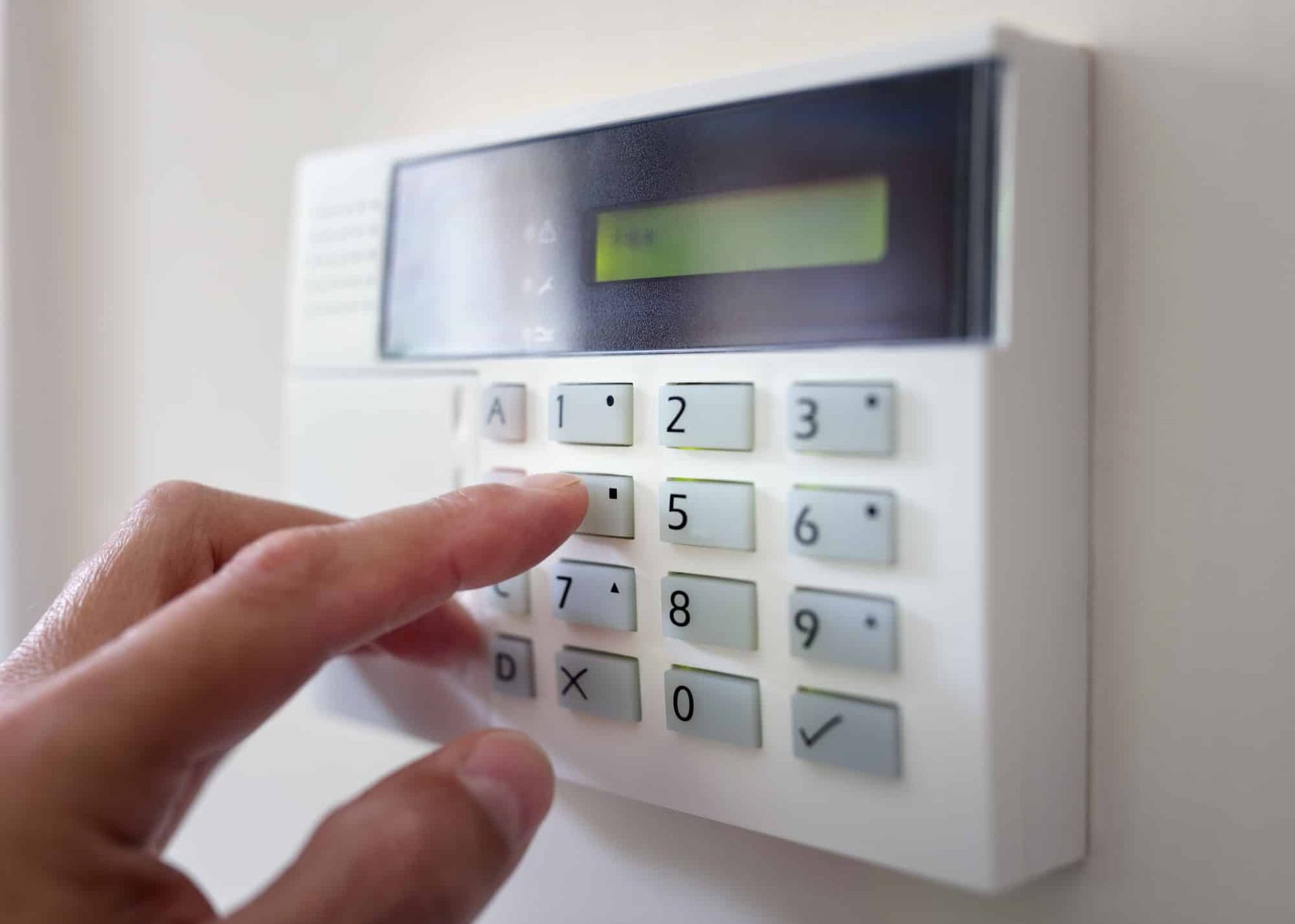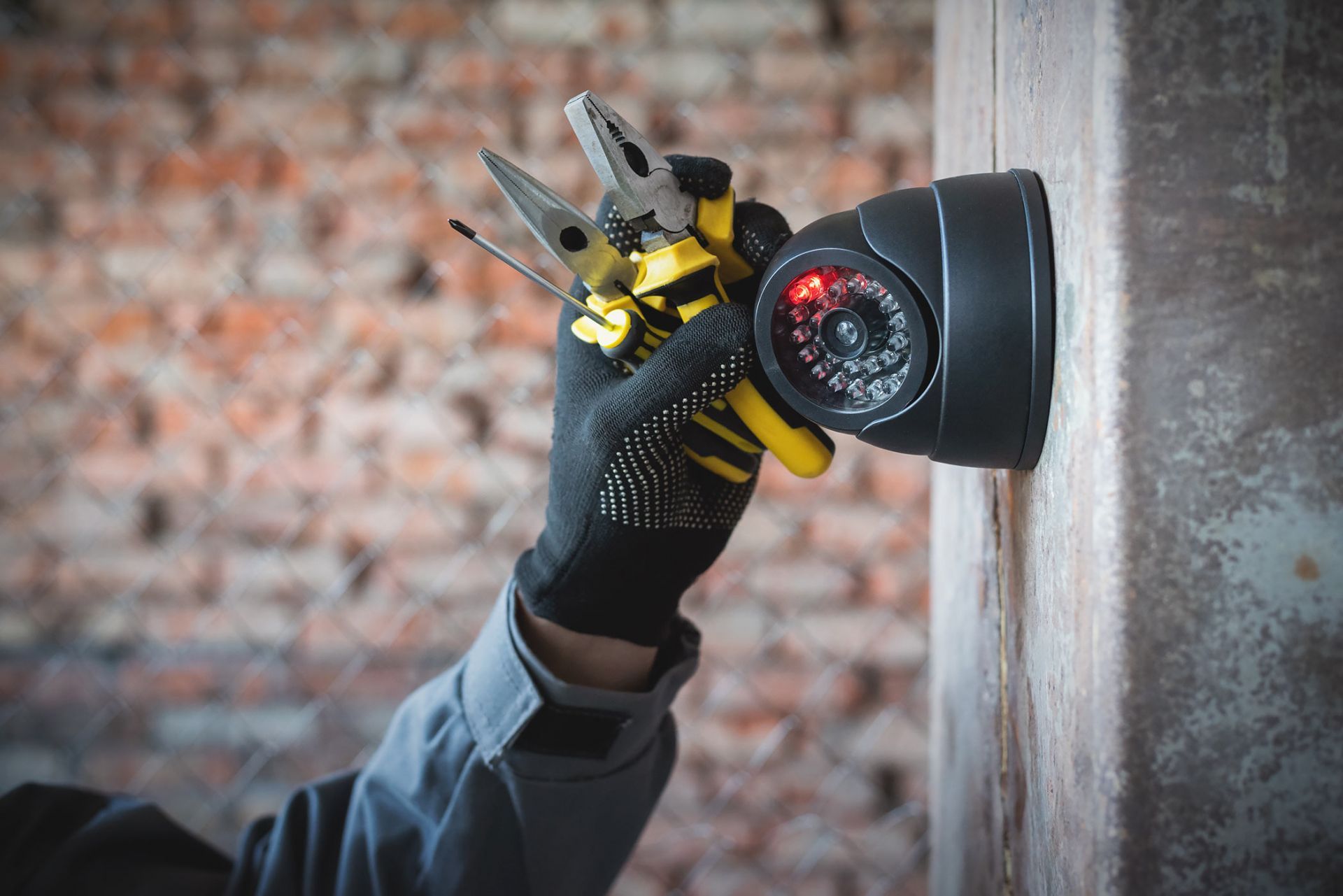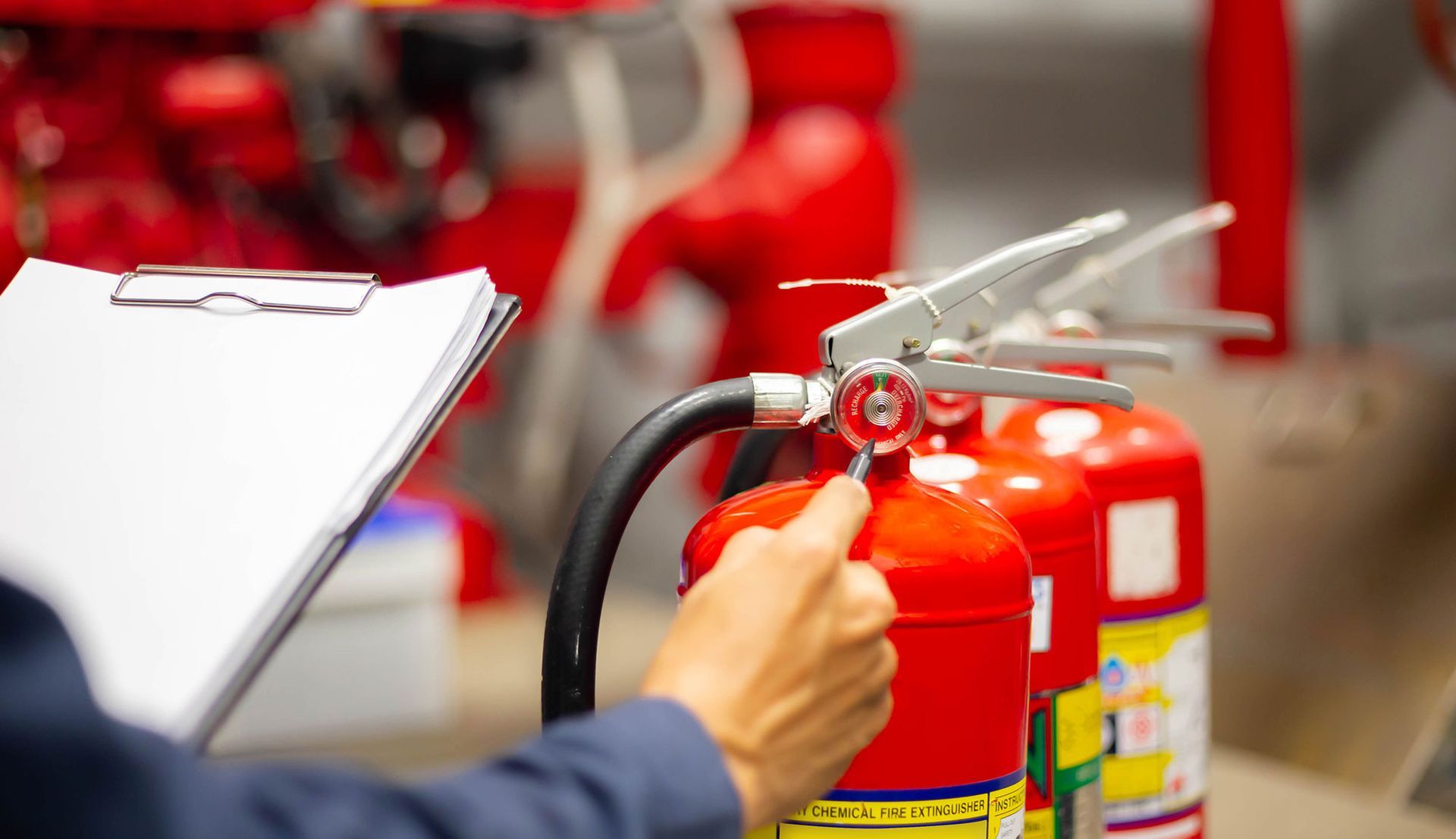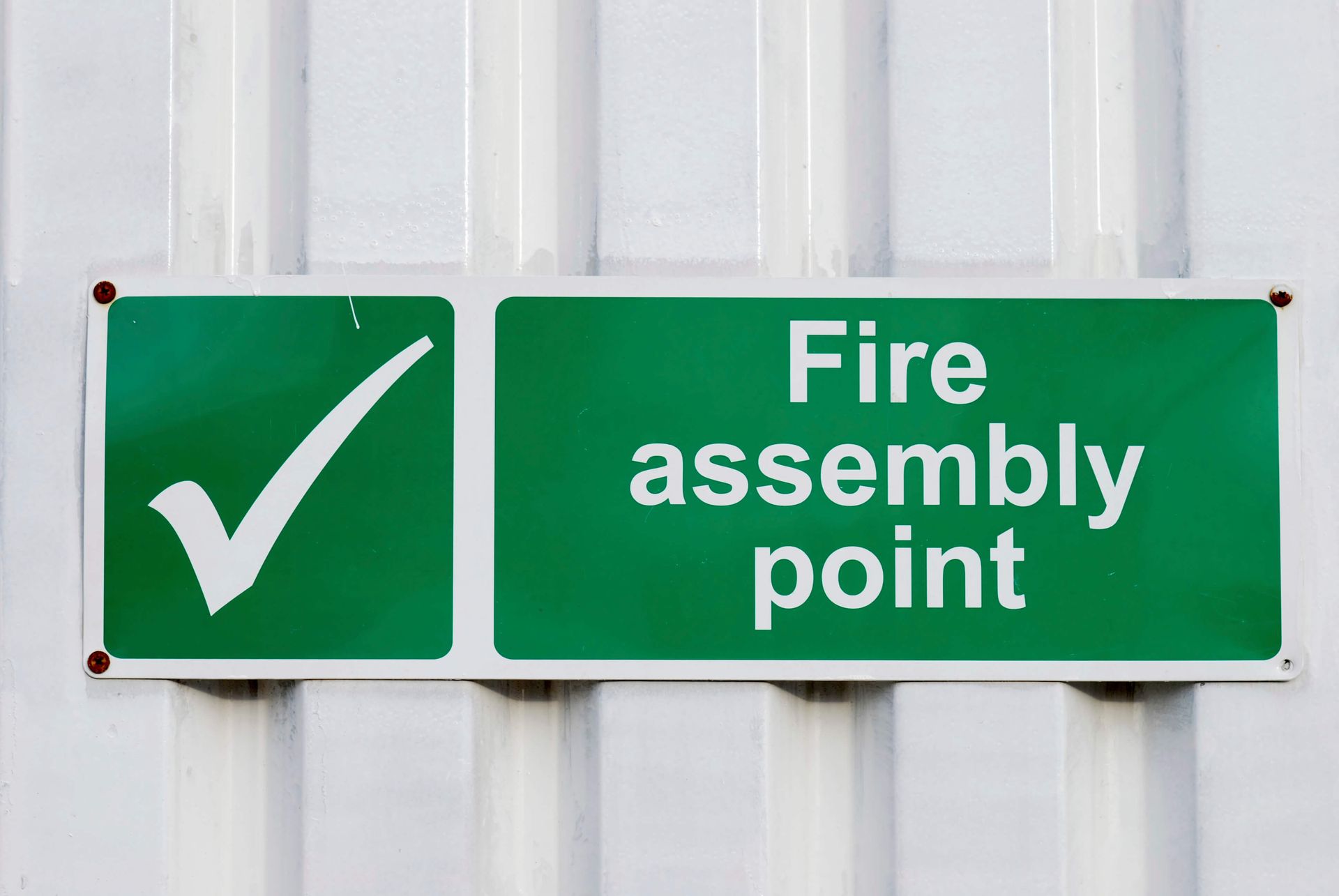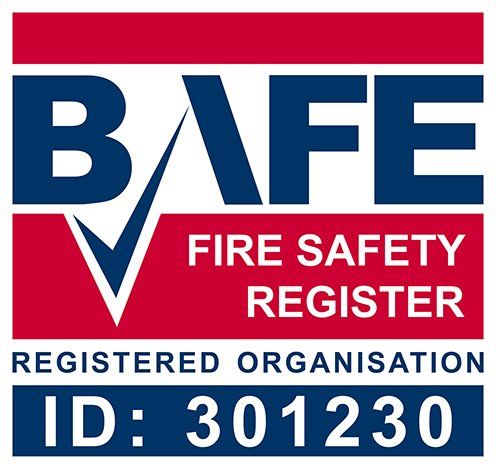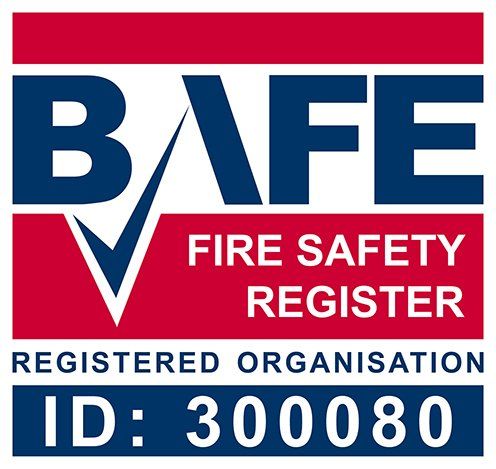What Happens During a Fire Risk Assessment?
Ace Fire And Security Equipment • 13 March 2020
Ensuring that you, your employees and your customers or visitors are always safe from the risk of a fire is a vitally important responsibility which rests on your shoulders if you are the owner of a commercial property. Protecting those who enter your building must be right at the top of your priority list, which is why you need a fire risk assessment.
Do You Need One?
The short answer to this question is: yes. The Regulatory Reform Order 2005 requires that workplaces carry out a fire risk assessment if you employ more than four members of staff or if you own a license for the premises. Regardless of whether you own and operate a shop, an office, a hospital, a hotel, a holy place or a warehouse, you will need to carry out this crucial investigation to ensure that you comply with British law.
What’s Involved
A fire risk assessment involves the physical assessment of your workplace and the adequacy of its current fire protection system and whether any additional steps must be taken to ensure that the building is compliant with the law and safe for you and your employees.
This means that a professional assessor will visually inspect how many fire extinguishers there are around the building and where they are placed as well as emergency lights and fire protection systems like fire alarms. This does not involve detailed engineering evaluations but will cover and identify any possible fire hazards, the fire prevention systems in place, how flammable liquids and gasses are currently handled, the means of escape, fire safety signs and a number of other important parameters.
Once the assessment is complete, a conclusion will be drawn on whether any further works need to be completed to make the building adequately safe from the risk of fire.
Look No Further For Your Fire Risk Assessment in Exeter
If you require an expertly performed fire risk assessment for your commercial property, Ace Fire Alarms can help. We’re based in Plymouth and conduct our assessments across the South West of England. Our dedicated assessor can deliver both basic and advanced assessments to ensure that your property is safe and secure.
To find out more, please feel free to contact us
today. You can find us at Ace Fire & Security, Unit 1, Wixenford Farm Industrial Estate, Colesdown Hill, Plymouth, PL9 8AA, call us on 01752 482 500 or email us at michael.redfearn@ace-fire.co.uk.


